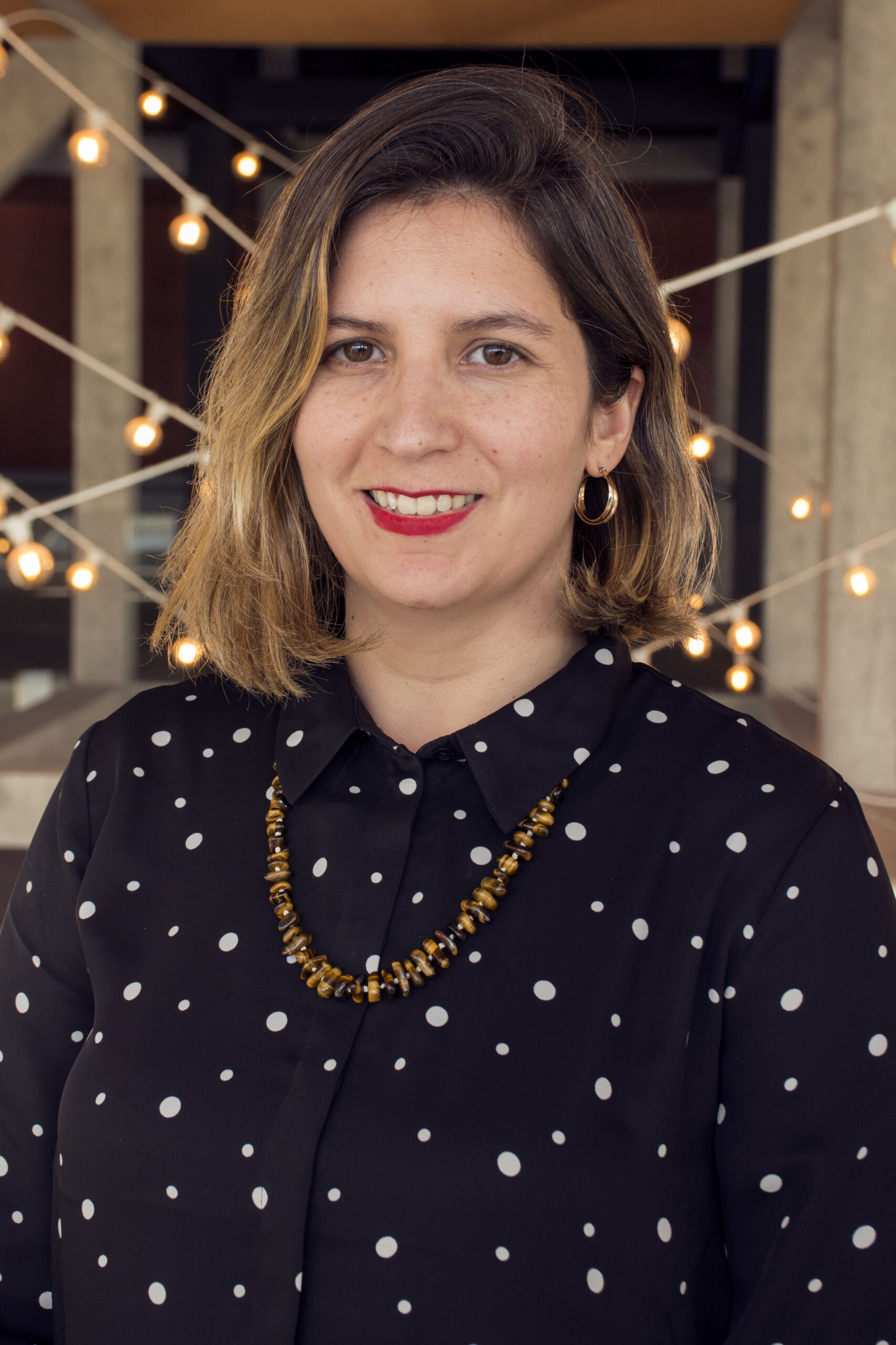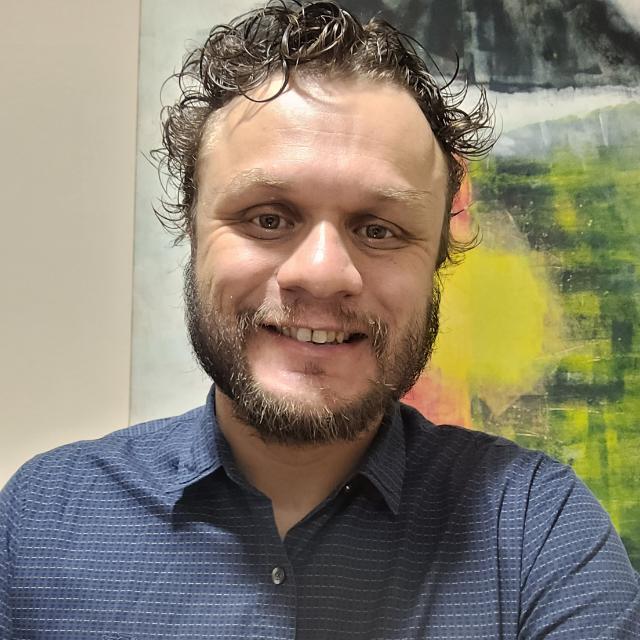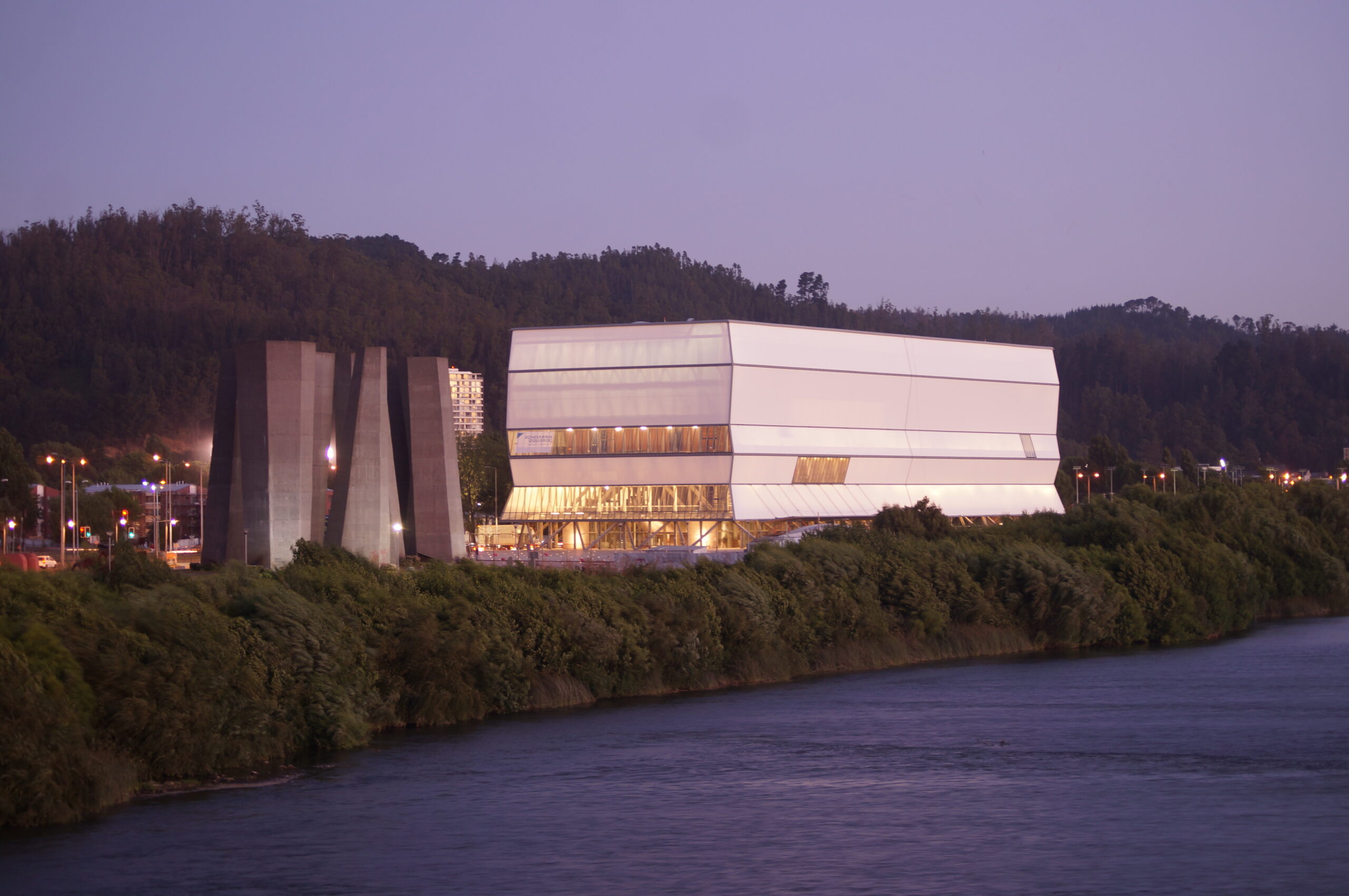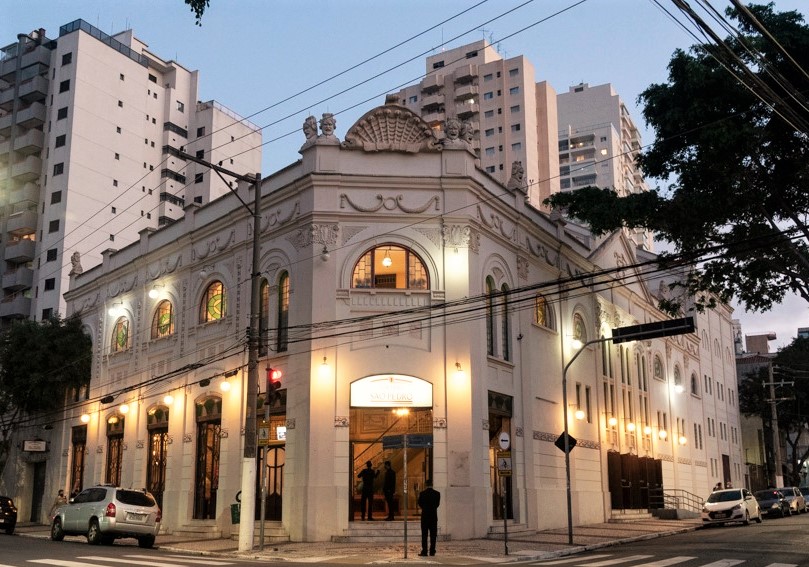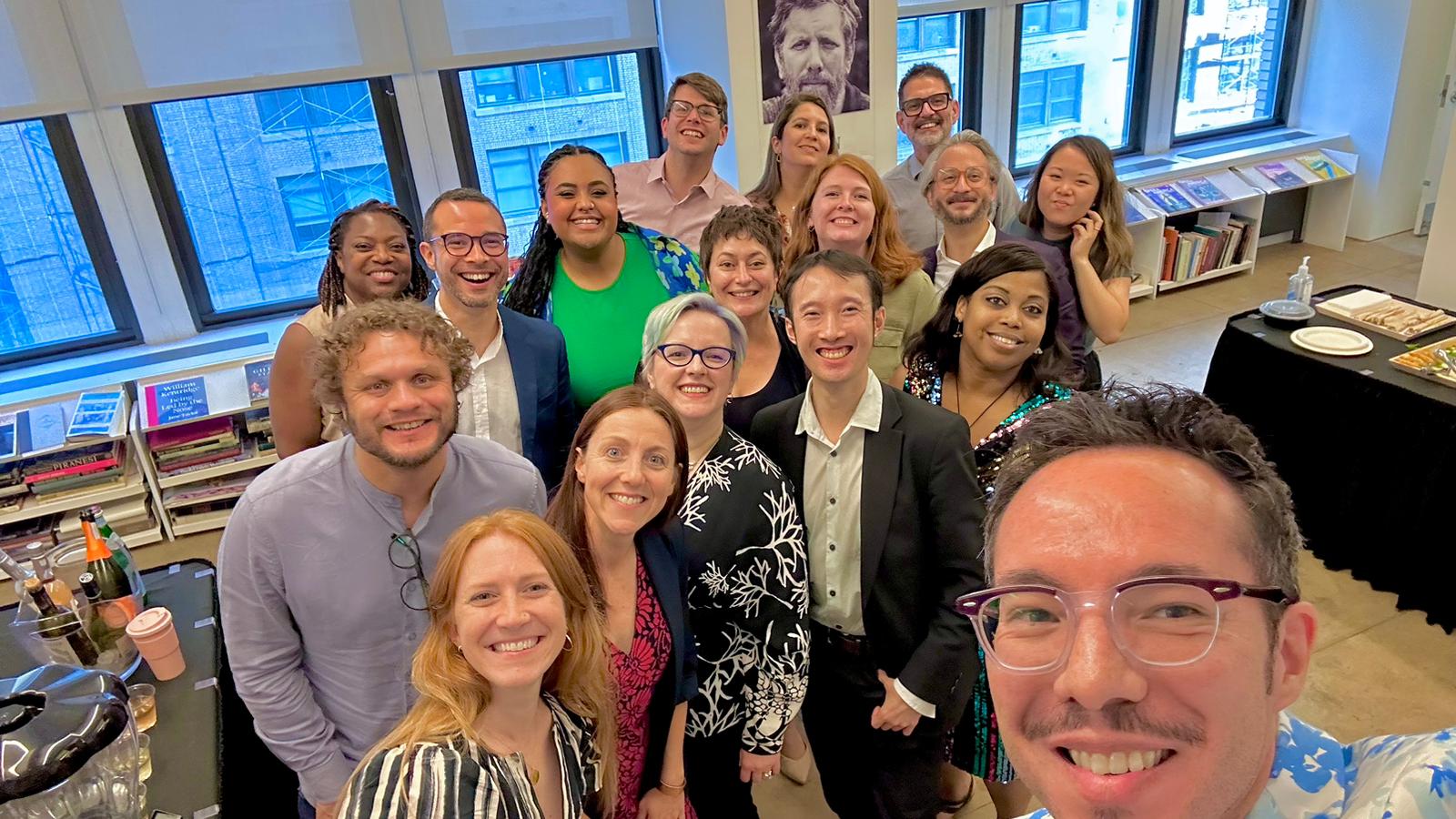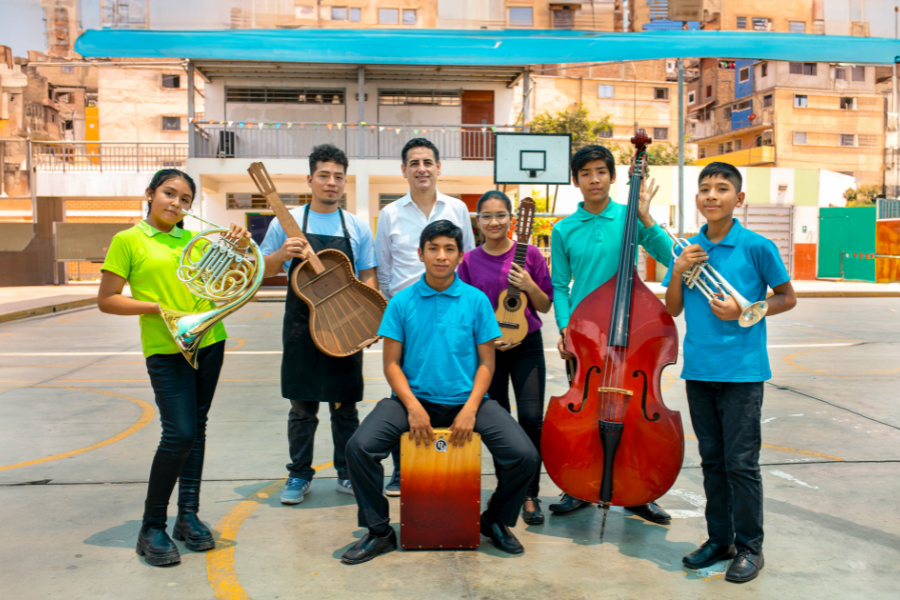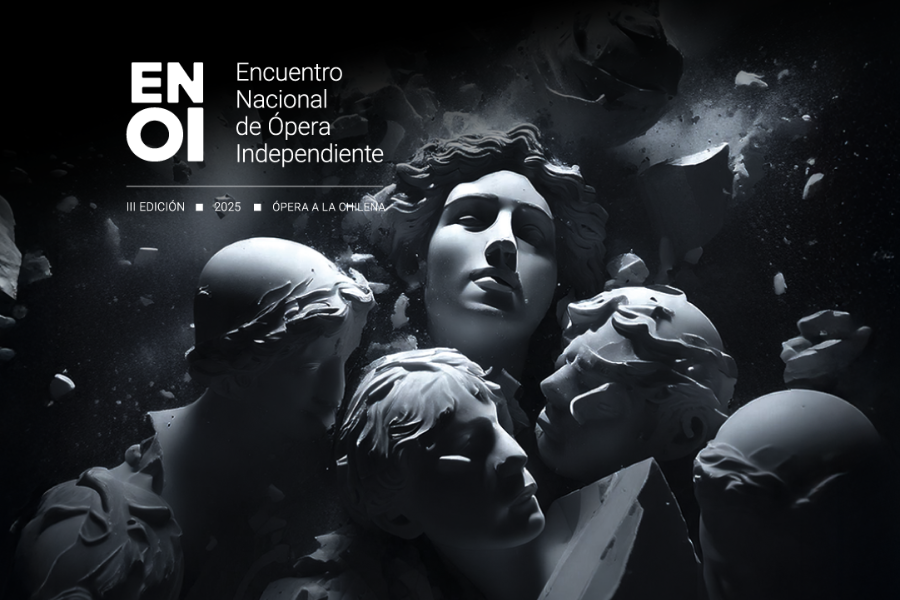Ricardo Appezzato and Francisca Peró: Some keys to leadership in Latin American theaters
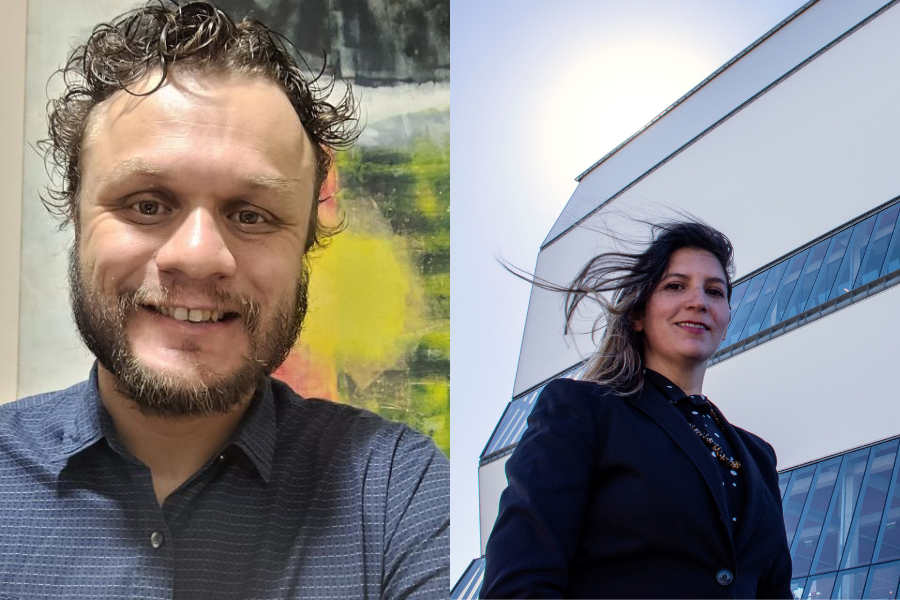
Selected by Opera America for its 2023 Leadership Intensive Program, Ricardo Appezzato, artistic director of Santa Marcelina Cultura (Brazil), and Francisca Peró, executive director of Teatro Biobío (Chile), attended a two-week leadership training course in New York city for the future of the arts and opera. In this interview, both share their experience, the challenges for leadership in Latin American theaters and the new generation of leaders in arts and culture in the region.
by Álvaro Molina and Angélica Navarro
There were two intense weeks in which 19 representatives from different theaters and lyrical companies from the US, Europe and Latin America came together in a course organized by Opera America. The objective? Support the growth and professional development of leaders who will help advance opera in the future.
Ricardo Appezzato, artistic director of Santa Marcelina Cultura (Brazil), and Francisca Peró, executive director of Teatro Biobío (Chile), were the representatives of Ópera Latinoamérica who attended the 2023 Intensive Leadership Program. Both agree that the experience addresses a profound training in ethical and human terms to grow as leaders in the future of the arts and opera.
“The art of leadership was the central point of the course” is how Francisca Peró summarizes the most valuable elements of this experience. “In order to permeate everything we do and fulfill the mission that we propose in our venues, our workplace has to be a valuable space for those who work there. That way we will serve our communities of artists, creators and audiences” she adds.
Since 2017, Francisca Peró has been executive director of Teatro Biobío, located in the city of Concepción, in the south of Chile. Regarding the challenges surrounding the management of a theater of this type, Francisca comments: “the challenges are aimed at being able to project that these spaces contain in their financing model a significant percentage of public financing however, that funding is not affected by the current government in power, so that in turn is why it is attractive to the private world to get involved.”
Ricardo Appezzato, serves as artistic director of Santa Marcelina Cultura, a non-profit association responsible for the management of the Tehatro São Pedro, of São Paulo State Music School – EMESP Tom Jobim and the Guri Program. In line with the challenges for the field of arts and opera in the Latin American reality, Ricardo comments that “another important point for the discussions was our financing models, because in Brazil and some Latin American countries, we treat culture as a public policy, which has a significant government financial contribution to the stock.”
What was the focus of the Ópera América leadership course, how would you define it in a few words?
Francisca Peró: Training leaders for the future of the arts and opera, leadership is also an art that requires study, rehearsal, preparation, dedication and it is important to maintain networking.
Ricardo Appezzato: The Leadership Program focused on working on some of the skills necessary for the professional development of people who have leadership positions in theaters and opera companies, in different areas, presenting, for example, discussions and technical tools for better decision making, strengthening of management models, financing perspectives and relationships with stakeholders (financiers, government, etc.). Additionally, there was an in-depth discussion on current challenges related to arts programming and a more inclusive work environment.
How did the course address current theater management challenges? What did you find most valuable for your theater: what do you keep or what do you bring back to try to implement?
FP: Perhaps the most interesting thing was having come across a program with such deep ethical and human training. Weeks before the start, in addition to reading about financing issues, we worked with an application to monitor our emotions daily. I bring back a learning that reaffirmed many convictions that I have as a leader, the workplace is the space where we spend a long time of our lives.
Those of us who work in theaters also seek to provide a space for reflection, encounter and happiness to the public. Understanding happiness as a much broader concept than just being happy, associated more with the feeling of well-being and fulfillment, it is coherent and necessary to have leaders who incorporate tools to carry out professional, ethical and happy teams. In order to permeate everything we do and fulfill the mission that we propose in our venues, well, our workplace consistently has to be a valuable space for those who work there. In this way we will serve our communities of artists, creators and audiences well.
It was also revealing to realize that despite the diversity of the groups, which ranged from large theaters and opera companies to small companies, the challenges when leading teams are similar. We learned effective communication tools, negotiation strategies, different types of leadership and the importance of corporate governance, its role and operation, to name a few. The art of leadership was the central course of these days.
RA: Throughout the activities, one of the points that caught my attention the most was the constant movement of strengthening and involving the communities with the work of the theaters, through their advisors and other stakeholders. Not only focusing on new audiences and/or financing, but also providing support in decision-making and in the construction of the medium and long-term strategic plan, empowering each of those involved in an influential and enthusiastic interlocutor of the activities and developed projects.
I believe that the strengthening of this type of strategy in Brazil, through the approach of civil society to the development of cultural public policies, has a powerful role in the improvement and consolidation of theaters as agents of promotion of culture and transformation social.
Taking the course means stopping, putting aside work in your respective theater and inserting yourself into an intense program. What value or importance does it have for these training instances to exist for a cultural manager?
FP: It is extremely important to stop, but really focus on other aspects of the work that are not directly related to the daily grind. Being able to train as a leader is not a common opportunity, sometimes one can attend festivals and markets, find very important opportunities to build networks and generate programming strategies, audiences, etc. But the approach of this particular program seemed to me to have a depth that I think I’m still processing. Furthermore, each of the people who taught the courses was related to the opera and arts sector, but they were experts in each subject.
RA: Moments like these, promoted by the Leadership Program, in which we can immerse ourselves in reflective processes about our work, help us create distance and, in this way, broaden perspectives on the daily challenges to which we are accustomed. Another significant point was observing the different colleagues and being able to exchange and be inspired by their respective practices and experiences developed by each of them.
What interactions occurred in the course between the participants? How enriching is it to share these experiences with different professionals from such different countries or realities? What things did they learn from each other?
FP: There were 8 continuous days from 9 a.m. to 6:30 p.m. in addition to sharing after classes, so the interaction was daily and permanent. We learned that we face common challenges despite differences in funding models or organization sizes, continents, languages, etc. For example, the US has a primarily private model, with donors coming from people donating from their own wealth. The international participants who were a representative of Brazil, Belgium, the United Kingdom and Chile had public and mixed financing systems.
Despite this, we face similar complexities in terms of managing teams, audiences, sales, and searching for resources. We generate a network that is active and deep because the course is extremely intense, we talk every day on WhatsApp and we have the opportunity to solve common problems together.
RA: The entire process offered by the program was quite intense and deep, creating safe spaces for debates and reflections. One of the most powerful points of the group was to reflect and have the opportunity to learn from our different realities, financing models, management methods and individual challenges of each theater, thus having a rich panorama of the opera market worldwide, in its different spectrums.
What was the perception of the European or North American participants about Latin America? Did you notice anything special in terms of, for example, scheduling, management, collaboration, etc.?
FP: The focus was to delve deeper into the challenges of conflict management, negotiation, communication, finances, leadership and happiness. The perception is that we are not very different, they were highly impressed by those of us who were able to face the program in English without it being our mother tongue, because it was quite intense.
RA: There was a lot of interest from colleagues about the activities developed in Latin American theaters, especially the new works and projects developed here.
Another important point for discussions was our financing models, because in Brazil and some Latin American countries, we treat culture as a public policy, which has a significant government financial contribution to stocks. Such a model is something that differs significantly from the North American and European models. Therefore, discussing the challenging points of the different models brought important reflections to our group.
What specific challenges does it entail to lead a theater or a cultural project in Latin America today?
FP: I am grateful that the Biobío region has a theater like the Teatro Biobío, and I think that the challenges are aimed at being able to project that these spaces contain in their financing model an important percentage of public financing that does not depend on the government in power and which in turn attracts the private world to get involved. It would also be interesting if philanthropy could have greater development to strengthen new forms of co-financing.
RA: Having the opportunity to manage a cultural project in our territory, today, is something charming and requires a constant exercise of listening and sensitive observation in the face of the constant demands of society. Mainly so that it is possible to build a deep dialogue between the communities, for which the public culture policy operates, and their respective artistic programs, thus seeking a more diverse and inclusive space.
Furthermore, a constant challenge is the need to build solid medium and long-term planning, even with the constant setbacks inherent to the work, because to build whatever the project, time is needed for the actions and processes to mature, in addition of a structured action plan.
Looking at the work you do in your theater, but also at the profiles of professionals with whom you shared during this course, how is leadership manifested in theaters in this era? What responsibilities does a person who leads a theater have in the 21st century? Do you think there is a new generation of leaders in opera?
FP: Absolutely, on the one hand, I notice that the world of opera is open to promoting the role of women leaders, which also seeks to diversify profiles that come from a long history in opera with others that emerge from other disciplines and provide new perspectives. . Leaders must be sensitive to the cultural and technological changes we face. From thinking, for example, about how artificial intelligence tools and management models will be incorporated to becoming increasingly inclusive. Take on different challenges depending on the stage of development that each institution is in; not all spaces are the same nor are they at the same time.
RA: In recent years, a new generation of leaders has developed in the opera sctor, whose challenge is to understand and promote the tradition of the language, but with the commitment to reflect and discuss its possibilities today, thus seeking constant improvement of the actions and also discussing the prominence of theaters and cultural spaces together with the territories and their respective communities.
It was possible to experience throughout the Leadership Program, and also through the actions of OLA and the Brazilian Forum of Opera, Dance and Concert Music, a deep need for leaders of theaters and opera companies to network, creating safe spaces for debate and exchange of experiences, due to the strengthening and development of the opera and music sector.
Another relevant and constantly discussed point, and which, in my opinion, is fundamental for people who occupy leadership positions in cultural spaces, is to develop strategies for the construction of artistic seasons and more inclusive and diverse work environments, envisioning connecting everyone. society in cultural spaces.


